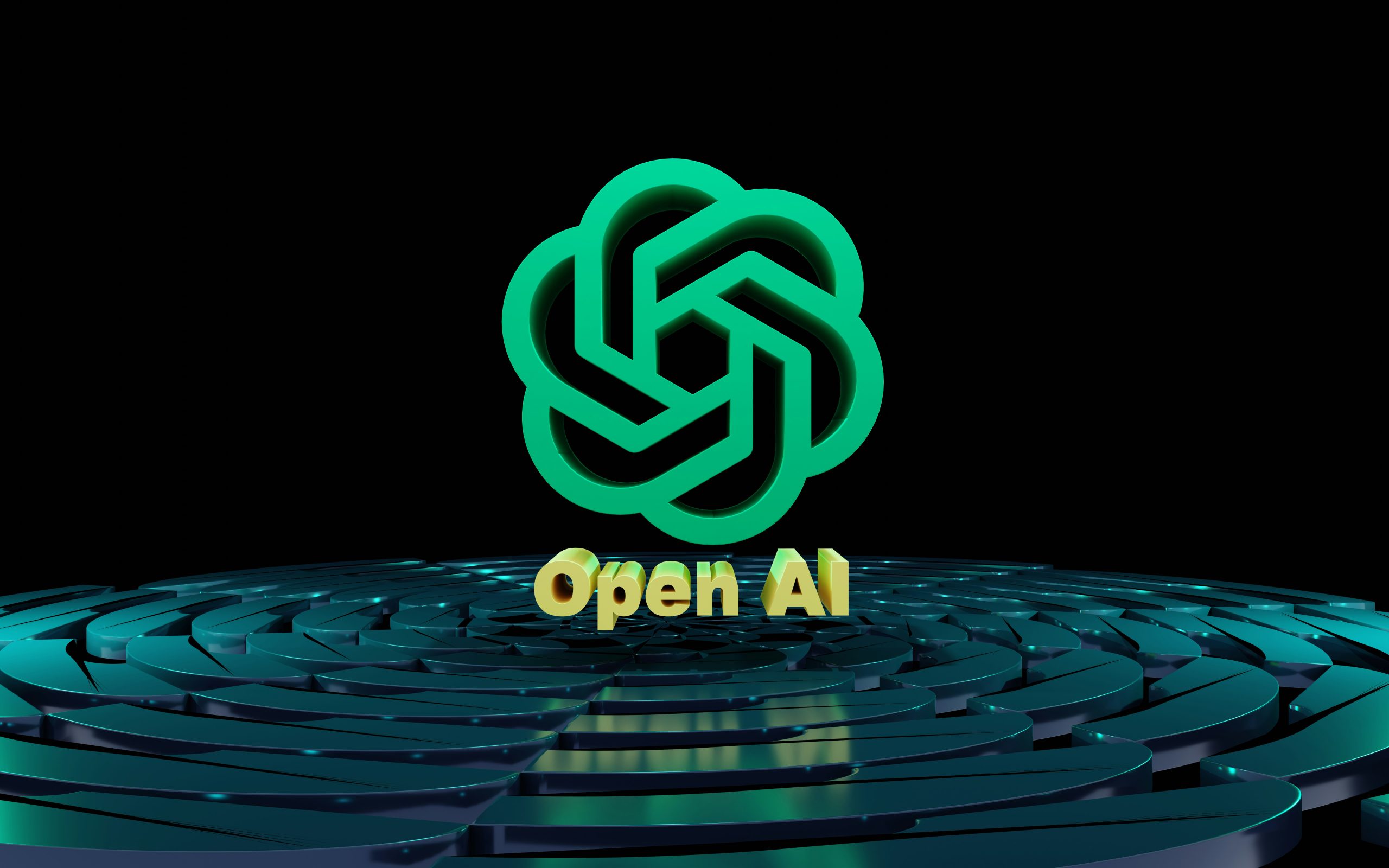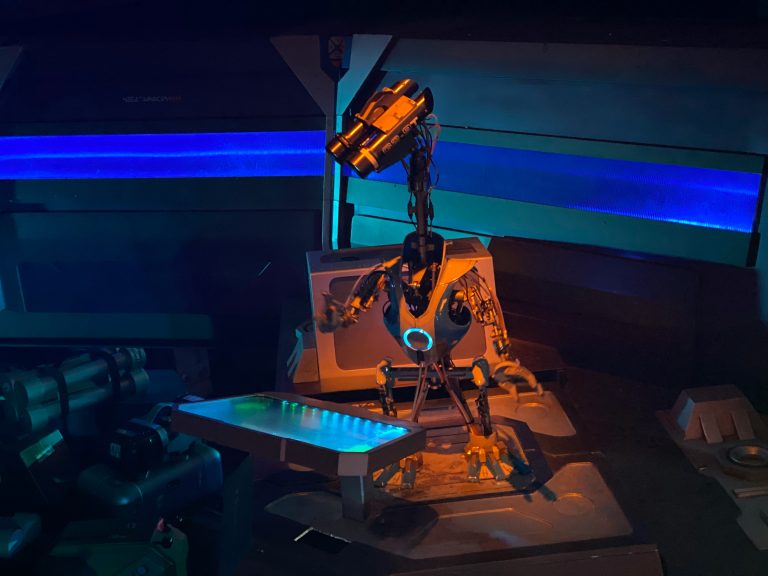The Future of Artificial Intelligence: Opportunities and Risks
2 Opportunities of AI
3 Healthcare Transformation
1 Early Diagnosis & Treatment: AI-powered tools can detect diseases like cancer and Alzheimer’s with remarkable accuracy at early stages, improving patient outcomes.
2 Personalized Medicine: Algorithms can analyze patient data to tailor treatments, making healthcare more precise and effective.
4 Enhanced Productivity and Efficiency
1 Automation of Repetitive Tasks: From manufacturing to customer service, AI automates routine jobs, reducing human error and freeing up time for creative and strategic work.
2 Smart Assistants and Tools: AI enhances productivity through tools like intelligent chatbots, writing assistants, and workflow optimizers.

5 Innovation Across Industries
1 Autonomous Vehicles: AI is at the core of self-driving cars and drones, promising safer roads and efficient logistics.
2 Financial Services: AI improves fraud detection, automates trading, and personalizes financial planning.
6 Environmental and Scientific Progress
1 Climate Modeling: AI helps predict and model climate patterns, aiding in climate change mitigation.
2 Scientific Discovery: AI accelerates research in areas like drug discovery, material science, and space exploration.
7 Risks and Challenges of AI
8 Job Displacement
1 Automation may lead to large-scale job loss in sectors like transportation, manufacturing, and administrative work. While new jobs may be created, the transition could be painful and uneven.
9 Bias and Discrimination
1 AI systems trained on biased data can perpetuate or even exacerbate existing societal inequalities in areas like hiring, policing, and lending.
10 Privacy and Surveillance
1 With the growing use of facial recognition and data-tracking, AI can be used to infringe on individual privacy, especially in authoritarian regimes.
11 Security Threats
1 Deepfakes and Misinformation: AI can generate convincing fake content, undermining trust in media and institutions.
2 Autonomous Weapons: The militarization of AI poses serious ethical and security risks, including the possibility of AI-powered weapons being used irresponsibly.

12 Control and Alignment Problems
1 Ensuring AI systems act in accordance with human values is a complex challenge. Misaligned AI, especially at higher levels of intelligence, could behave in unpredictable or harmful ways
13 Navigating the Future
To harness the benefits of AI while mitigating its risks, a collaborative approach is needed:
1 Policy and Regulation: Governments must establish clear guidelines around transparency, safety, and accountability.
2 Ethical AI Development: Developers and companies must prioritize fairness, inclusivity, and responsibility.
3 Public Awareness and Education: Societies must be informed and involved in shaping how AI is integrated into daily life.
Conclusion
The future of artificial intelligence holds immense promise but also significant perils. The choices we make today—technologically, ethically, and politically—will determine whether AI serves humanity or challenges it. With thoughtful governance, inclusive innovation, and global cooperation, AI can become a powerful tool for building a better world.






